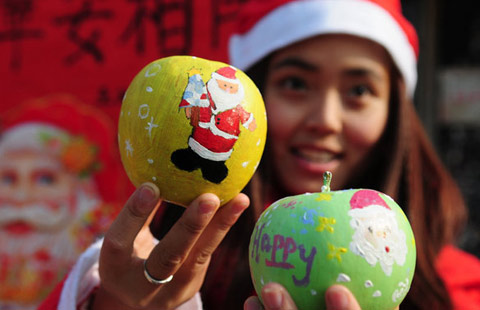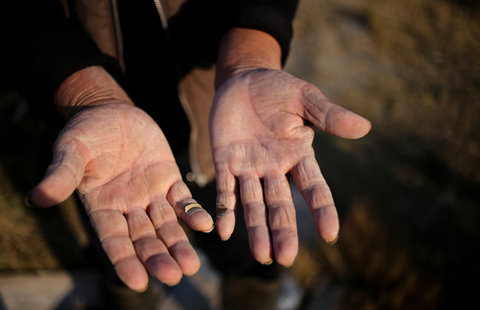Bridging the legal divide
Updated: 2014-12-30 07:41
By He Na(China Daily)
|
||||||||
|
Employees from a Taiwan company display their products during the China International Fair for Investment and Trade in Xiamen, Fujian province. Cross-Straits disputes are usually financial, so a number of cities on the mainland have set up courts to resolve them and better protect people's legal rights. [Jiang Kehong / Xinhua] |
The establishment of courts to settle financial disputes between residents of the mainland and Taiwan has resulted in fewer cases, and better security for businesses, as He Na reports.
The small room in Xiamen, Fujian province, contains several bamboo sofas and a few small tables bearing delicate tea sets. A framed poem hangs in the middle of one wall, flanked by a couple of well-executed oil paintings that depict familiar landscapes on both sides of the Taiwan Strait; Gulangyu Island off the coast of Fujian, and Sun Moon Lake, a well-known tourist resort in Taiwan.
Given the decor, the room could be a trendy coffee shop, a hotel reception, or even a private art gallery, but it's not. In fact, it's an annex at Haicang District Cross-Straits Court, where plaintiffs and defendants can drink tea and hammer out agreements that will allow them to avoid expensive, time-consuming court proceedings.
Cao Fagui, a judge at the court, said the paintings were chosen to provide a homelike atmosphere for people from Taiwan involved in disputes on the Chinese mainland, and to encourage a spirit of friendly reconciliation.
Haicang is the mainland's largest and best-invested area for businesses from Taiwan, and many of the island's top 100 enterprises have built factories there.
However, as cultural and business exchanges between Taiwan and the mainland have grown in recent years, the number of cross-Straits disputes has also risen, leading directly to the establishment of the court.
"To meet the rising demand and optimize the investment environment for people from Taiwan, the central government approved the foundation of China's first, and so far largest, cross-Straits court in 2012," Cao said.
The disputes mostly revolve around business ventures and private lending, and having them all handled by the same court saves time and money for both plaintiffs and defendants, he said.
The court handles disputes involving sums of less than 30 million yuan ($4.8 million), and it has handled 2,616 cases since 2012.
Civil or commercial disputes accounted for 1,952 of the cases, and nearly 1,700 have been settled. Of them, 475 went through the court itself, while 863 were resolved through arbitration, and 347 were withdrawn after mediation by court officials.
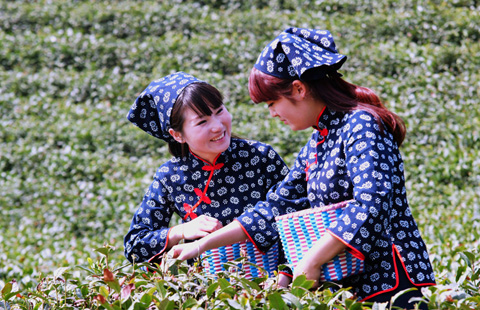
 Top 10 happiest cities in China 2014
Top 10 happiest cities in China 2014
 Children step out of Daliang Mountain
Children step out of Daliang Mountain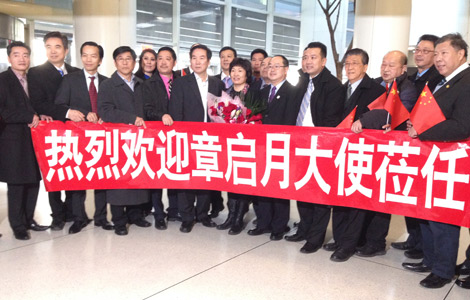
 New Consul General of China in New York arrives at JFK
New Consul General of China in New York arrives at JFK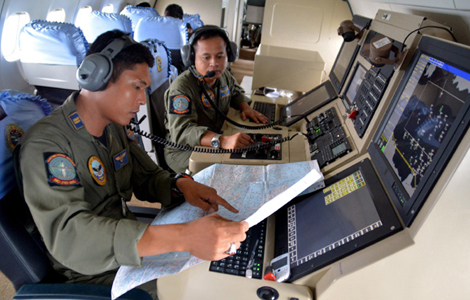
 Missing AirAsia plane maybe at sea bottom
Missing AirAsia plane maybe at sea bottom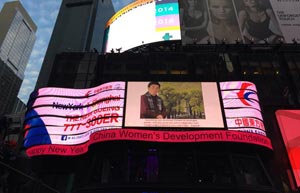
 Chinese artists get Times Square spotlight
Chinese artists get Times Square spotlight
 Yearender: Best selling Chinese films in 2014
Yearender: Best selling Chinese films in 2014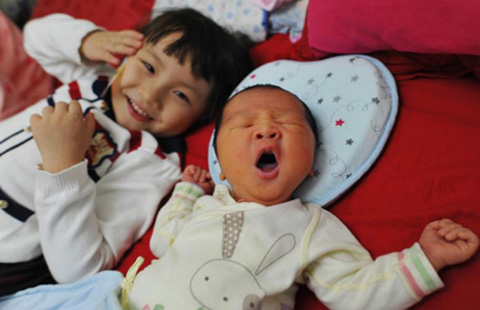
 Top 10 policy changes of China in 2014
Top 10 policy changes of China in 2014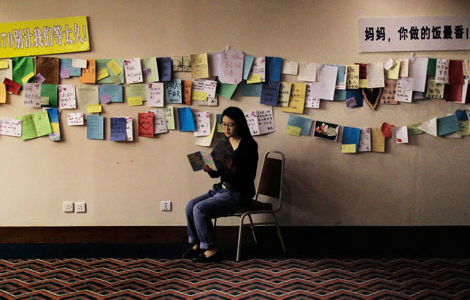
 Families of MH370's passengers still hold out hope
Families of MH370's passengers still hold out hope
Most Viewed
Editor's Picks

|
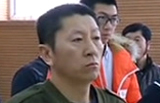
|

|

|

|

|
Today's Top News
China says no role in Sony hacking
'Human error' at fault in disappearance of AirAsia flight
Lost plane's request to change course was denied
The Interview gets mixed views
Harvard students seek meaty profits from alpaca
Funeral set for Officer Wenjian Liu
China offers to help in search for missing AirAsia flight
AirAsia plane has tire problem in Philippines
US Weekly

|

|



